Back to Courses
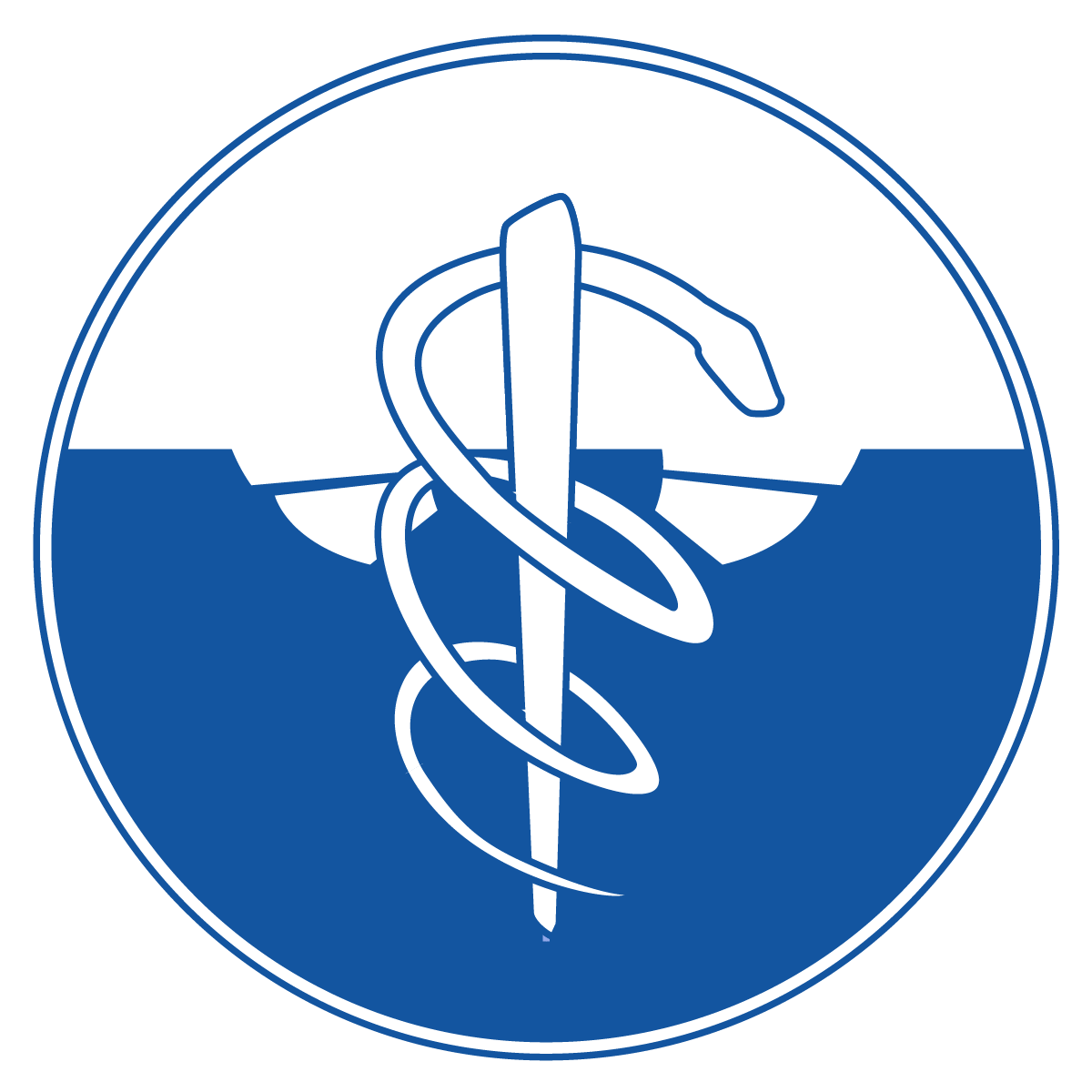


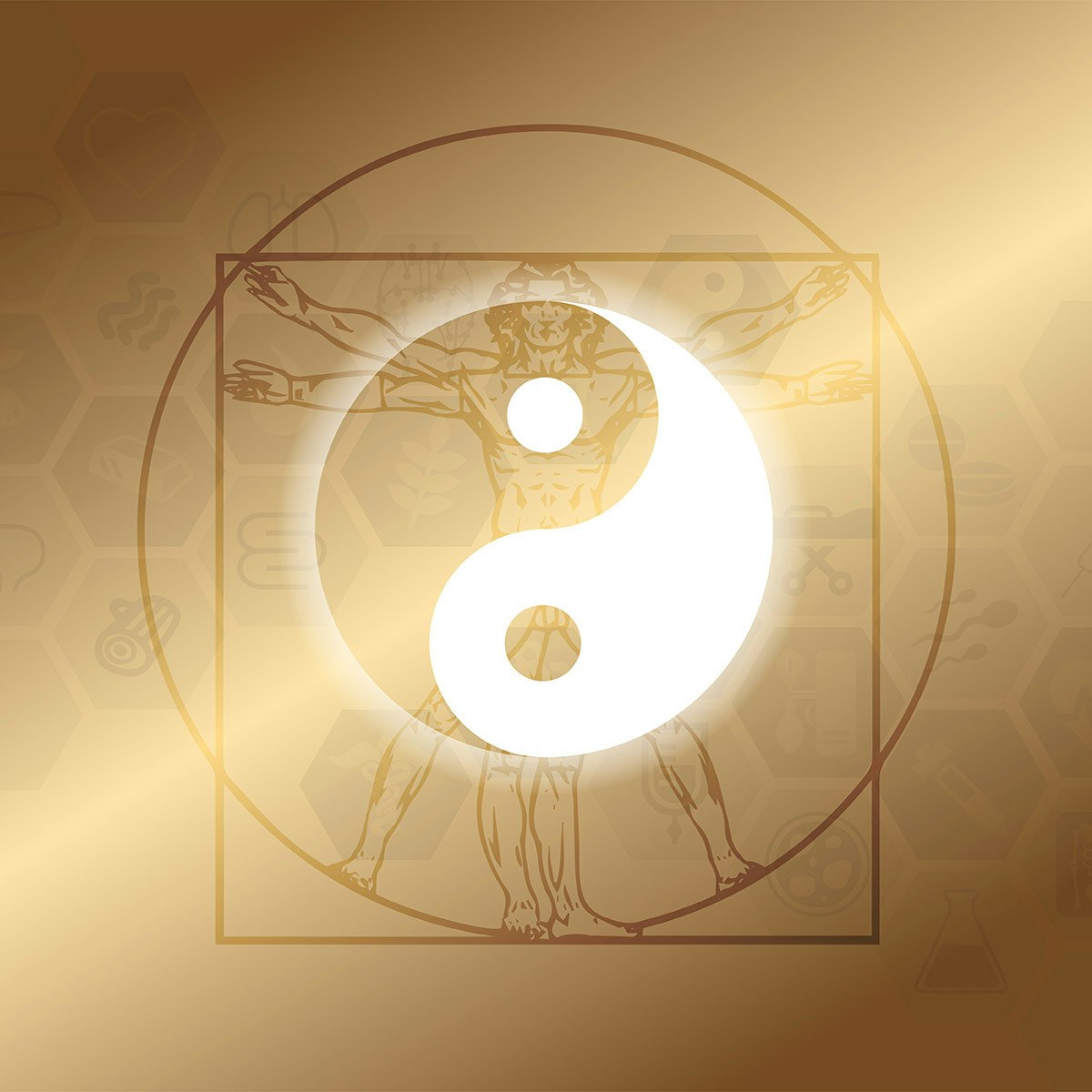

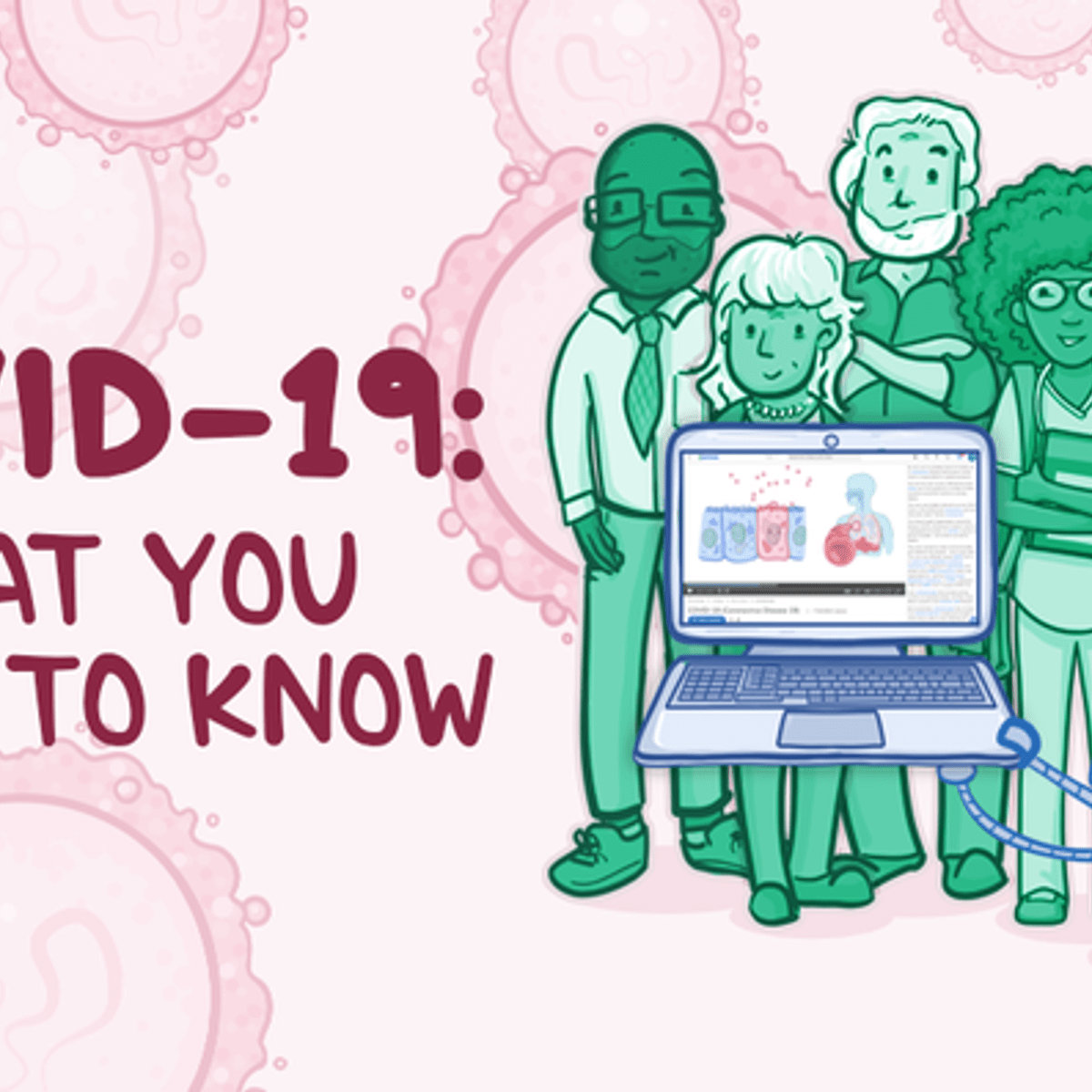
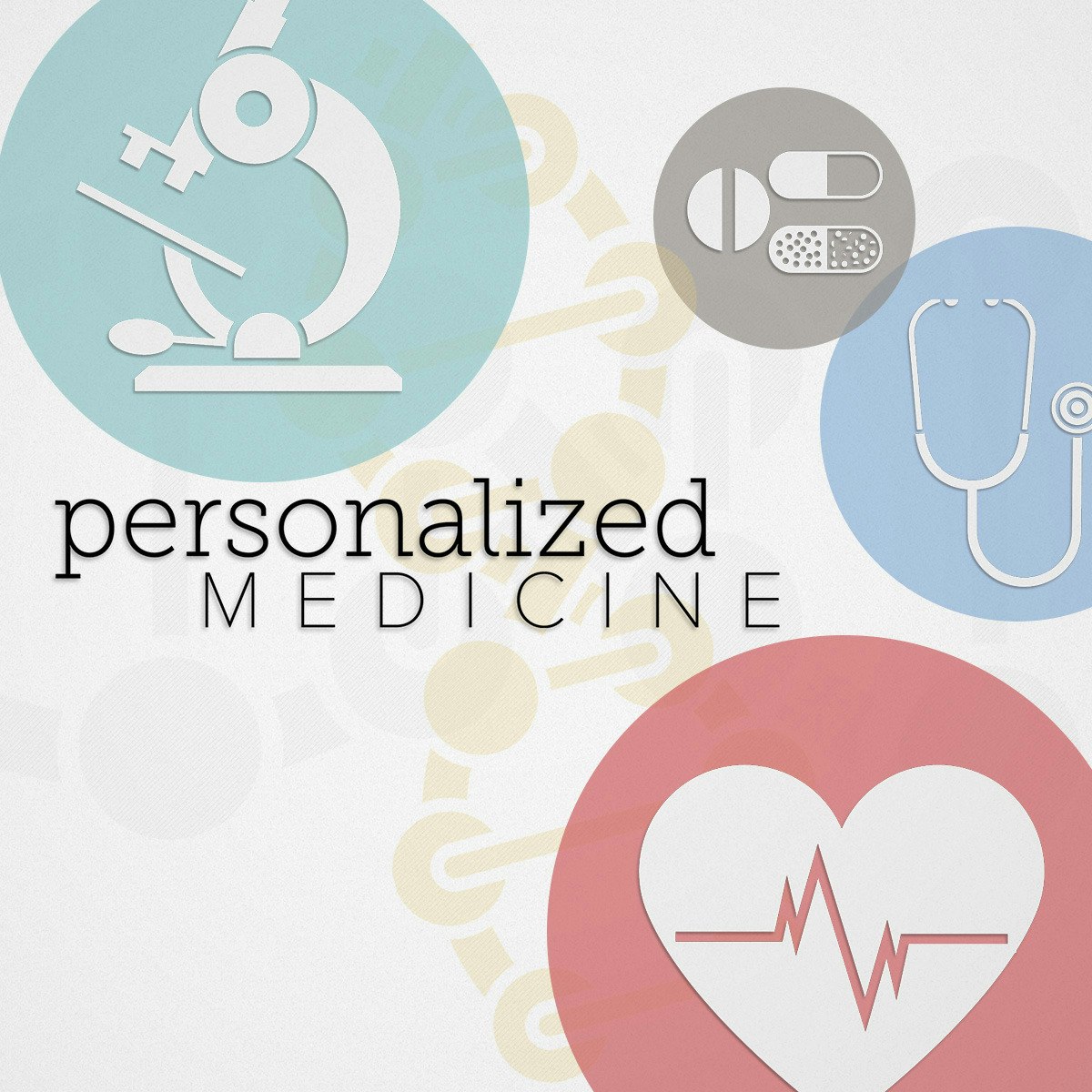
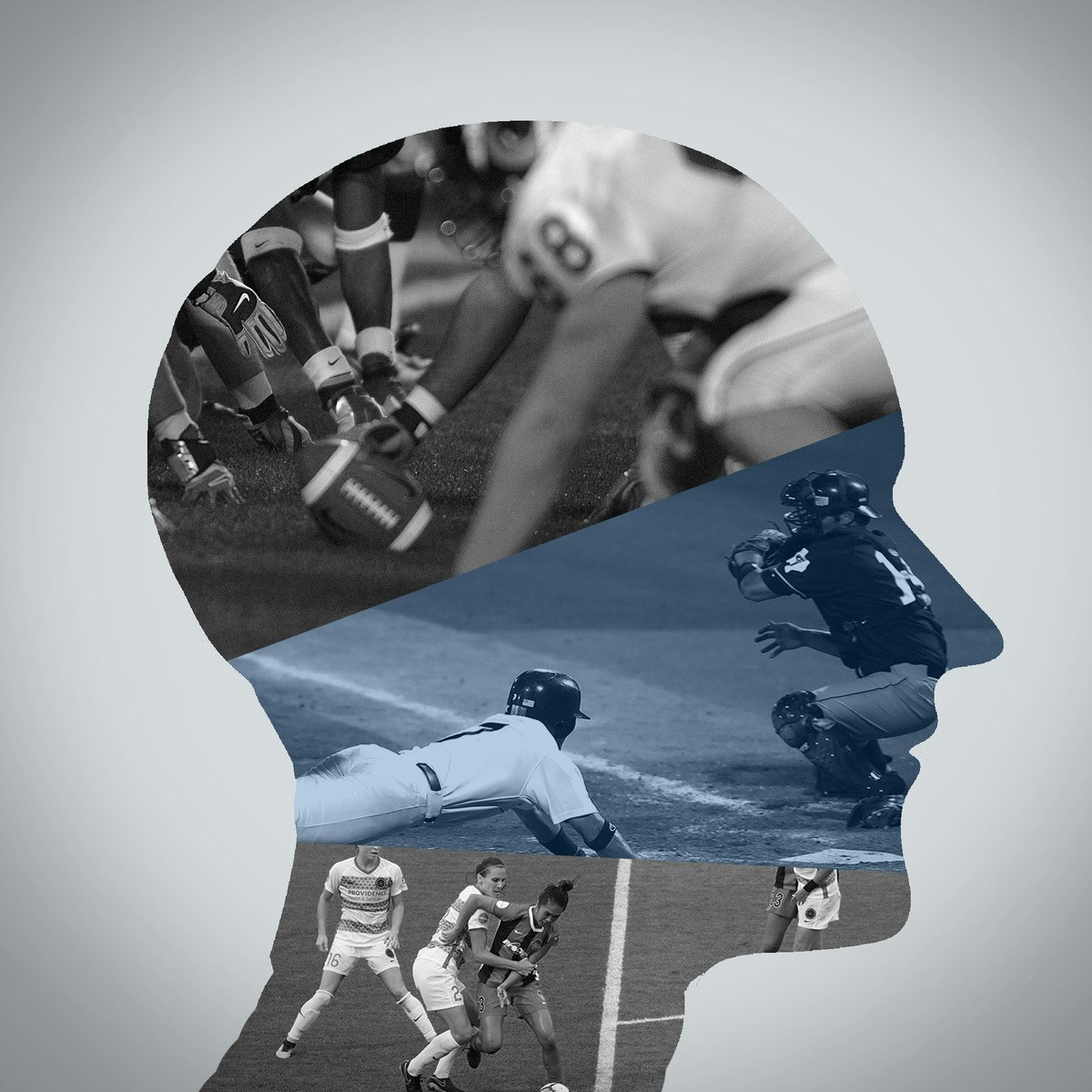

Patient Care Courses - Page 2
Showing results 11-20 of 89
A Public Health Approach to Hearing Loss and Aging
At the Johns Hopkins Cochlear Center for Hearing and Public Health, we are dedicated to training up the next generation of clinicians and researchers to study the impact that hearing loss in older adults has on public health and to develop and implement public health strategies and solutions for hearing loss. The Center is proud to present this course which introduces a public health approach to aging and hearing population-based research, reviews the state of public health policy and ongoing interventions, and discusses the current epidemiologic research linking hearing loss to cognitive and healthcare outcomes in older adults, including dementia. Learners will be hearing from Johns Hopkins faculty and researchers who will speak on their expertise in areas of otolaryngology, audiology, epidemiology, gerontology, and public health policy/economics.

Medical Emergencies: CPR, Toxicology, and Wilderness
In this course, you will develop the knowledge and skills to assess and stabilize certain types of patients for transport. By the end of this course, you will be able to: (1) Identify the signs and symptoms associated with a patient in shock, to describe the major categories of shock, to assess a patient with signs of shock and formulate a plan for treatment to stabilize the patient for transport, (2) Identify a patient in cardiac arrest and to describe the components of high performance CPR including placement of an AED, components of quality chest compressions, and options for oxygenation, (3) Identify a patient with under the influence of a drug of abuse or a toxicologic ingestion, assess a patient with a potential or known ingestion, and to formulate a plan for treatment and stabilization for transport including that of a violent patient, (4) Identify the symptoms associated with the most common environmental emergencies including hypothermia, hyperthermia, lightning strike and drowning, to assess patients with an environmental emergency and to describe initial treatment and stabilization for transportation and (5) Understanding your patient's story as well as to think critically about the complaint and symptoms associated with the gastrointestinal track, renal system, and the reproductive system.

Operations and Patient Safety for Healthcare IT Staff
Now that you've been introduced to the world of Health IT and the important role played by electronic health records (EHRs), we'll focus on other technologies that play a role in maintaining ongoing operations in healthcare. Telemedicine, patient portals, barcode scanners, printers, and medical devices are just some of the technologies that impact providers and patients. As an IT support specialist, you’ll be asked to troubleshoot issues with a wide variety of tools. You'll see a scenario with a medical device installation where issues related to IP addresses, networking, and MAC addresses come up.
When there are disruptions in technology, you’ll need to use training, tip sheets, and problem-solving skills to determine how best to handle the situation. Supporting a high reliability organization means being familiar with the existing processes and protocols for handling calls, creating tickets, escalating issues, and resolving matters. We’ll introduce you to the concept of self-service tickets and the guidance given to hospital staff on how to submit a ticket. You’ll learn about the different priority levels for tickets as well as the tiers of IT support. When a call comes in, there are some important resources you’ll need to access in order to troubleshoot the problem. These can range from standard question templates to tip sheets to complex matrices and knowledge base articles (KBAs). Having these tools in your arsenal is essential as a Health IT support specialist. We‘ll also cover the JIRA process, the need for excellent documentation, and ways in which requests for change are communicated.

Addiction Treatment: Clinical Skills for Healthcare Providers
This course is designed with a singular goal: to improve the care you provide to your patients with substance use disorders. By delving into a model case performed by actors, seven Yale instructors from various fields provide techniques to screen your patients for substance use disorder risk, diagnose patients to gauge the severity of their use, directly manage treatment plans, refer out to treatment services, and navigate the various conditions that may limit your patient’s access to treatment. You will ultimately be prepared to provide compassionate and evidence-based care to a large population of patients living with addiction— a chronic, often relapsing-remitting disease, but a treatable one.
This course is supported in part by SAMHSA of the U.S. Department of Health and Human Services (HHS) as part of financial assistance awards from grant #1H79FG000023 totaling $249,900 and grant #3H79TI081968-02S1 from SAMHSA totaling $1,354,651 with 100 percent funded by SAMHSA/HHS. The contents are those of the author(s) and do not necessarily represent the official views of, nor an endorsement, by SAMHSA/HHS, or the U.S. Government.
Note: The content in this course is intended solely to inform and educate medical professionals. This site shall not be used for medical advice and is not a substitute for the advice or treatment of a qualified medical professional.

Health Concepts in Chinese Medicine
Course Overview: https://youtu.be/L0-cZt1Hw7c
Chinese Medicine and Modern Medicine are two distinct medical systems, yet they both aim at the prevention and treatment of human diseases. With this in mind, we should understand the practice of Chinese Medicine in the context of Modern Medicine.
In this course, we explore the basic theories underlying the practice of Chinese Medicine, compare and contrast the use of Chinese Medicine and Modern Medicine in Preventive Health, and discuss how to restore a healthy condition and understand the pharmacological basis of different types of Chinese tonifying herbs.
By the end of this course, you will be able to:
- state the important Chinese Medicine literature from 5th century B.C. to 16th century A.D.
- describe and interpret basic Chinese Medicine theories
- apply the basic Chinese Medicine theories (such as the balance between Yin and Yang and the interaction among organs) to restore a healthy condition
- compare and contrast the use of Chinese Medicine and Modern Medicine in Preventive Health
- explain how the balance of Yang/Qi and/or Yin/Blood can be restored by using Chinese tonifying herbs
- adapt the Chinese Medicine concepts by reviewing the contemporary researches on pharmacological activities in Chinese tonifying herbs

Introduction to Cataract Surgery
This comprehensive course will give you the fundamental knowledge needed to begin performing cataract surgery by phacoemulsification and extracapsular removal. Each step from preoperative evaluation to postoperative care will be covered to help prepare you for the operating room.

COVID-19: What You Need to Know
Register for this free course here: https://www.coursera.org/learn/covid-19-what-you-need-to-know?edocomorp=public-health-free-courses
COVID-19 is a global pandemic that has already resulted in hundreds of thousands of infections and thousands of deaths, with many more anticipated. This course is a go-to resource that will be regularly updated with all of the current information put forth by the CDC, WHO, and other leading agencies and covers the basics, personal protective equipment, diagnostics, and other material.
As a healthcare professional, you can help to #RaiseTheLine by becoming prepared to treat COVID-19.
Case Studies in Personalized Medicine
Learn how advances in biomedicine hold the potential to revolutionize drug development, drug treatments, and disease prevention: where are we now, and what does the future hold? This course will present short primers in genetics and mechanisms underlying variability in drug responses. A series of case studies will be used to illustrate principles of how genetics are being brought to bear on refining diagnoses and on personalizing treatment in rare and common diseases. The ethical and operational issues around how to implement large scale genomic sequencing in clinical practice will be addressed.
After completing this course, learners will understand
1. The ways in which genetic variants can contribute to human disease susceptibility
2. How to choose among drug therapies based on genetic factors
3. That the functional consequences of the vast majority of genetic variants discovered by modern sequencing are unknown.
This course is targeted primarily at physicians 5+ years out of training. Other healthcare providers, medical/health sciences students, and members of the public may also be interested.
Course launches January 15, 2016.
* The information presented in “Case Studies in Personalized Medicine” is offered for educational and informational purposes only, and should not be construed as personal medical advice. If you have questions or concerns about a medical matter, please consult your doctor or other professional healthcare provider.

Michigan Sport-Related Concussion Training Certification
Welcome to the Michigan Sport-Related Concussion Training Certification. In this course, you will learn about five key components of sport-related concussions: identify medical emergencies, debrief the Michigan Youth Concussion Legislature, review rest and rehabilitation principles after a concussion occurs, understand the return to learn and return to school progressions, and finally become knowledgeable of the potential long-term consequences of head impact exposure on brain health.
This course satisfies the state-mandated requirement for concussion training in the state of Michigan. In order to obtain the certificate, you must answer every question on the quiz correctly, which will be available at the end of this course. This course should take you approximately 20 minutes to complete.
The three lead instructors for this course, Dr. Steve Broglio, Dr. Matt Lorincz, and Dr. JT Eckner, are all affiliated with the Michigan Concussion Center, which strives to maximize societal and individual health through the relentless pursuit of concussion knowledge. Dr. Lorincz and Dr. Eckner are also affiliated with Michigan NeuroSport. The goal of Michigan NeuroSport is to inspire and implement solutions for prevention and treatment of sport-related concussions and their potential long-term consequences.
Note: If you successfully pass the quiz at the end of this course, you'll still receive an official Michigan Sport-Related Training Certificate, even though a related "Full Course, No Certificate" message appears in enrollment. Furthermore, an additional Coursera completion certificate will not be issued.

Traditional herbal medicine in supportive cancer care: From alternative to integrative
Please join us for an exciting and innovative journey, examining one of the most important and often overlooked aspects of the oncology setting:
Traditional Herbal Medicine in Supportive Cancer Care.
This course is presented with short lectures offering a wide range of issues related to the principles and practice of herbal medicine in cancer care. The course includes interviews with leading world experts from the field of Integrative Oncology, from the U.S. and Canada, as well as Europe, the Middle East, China and Japan.
By the end of the course, you will:
• Understand core concepts in Integrative Oncology, as they relate to the supportive/palliative cancer care setting
• Acquire effective communication skills which will foster a better understanding of patients' views on herbal medicine, while providing guidance on the safe and effective use of these products
• Be able to design, together with patients, caregivers and healthcare providers, a patient-tailored and cultural-sensitive integrative oncology treatment program, including the use of herbal medicine
• Be acquainted with leading "players" who can share their experience in creating and implementing an integrative oncology program
The course has been specially designed to provide information and guidance at a level appropriate for patients and non-medical participants, as well as medical professionals interested in receiving evidence-based guidance on the safety and effectiveness of herbal medicine in cancer care.
Popular Internships and Jobs by Categories
Find Jobs & Internships
Browse
© 2024 BoostGrad | All rights reserved